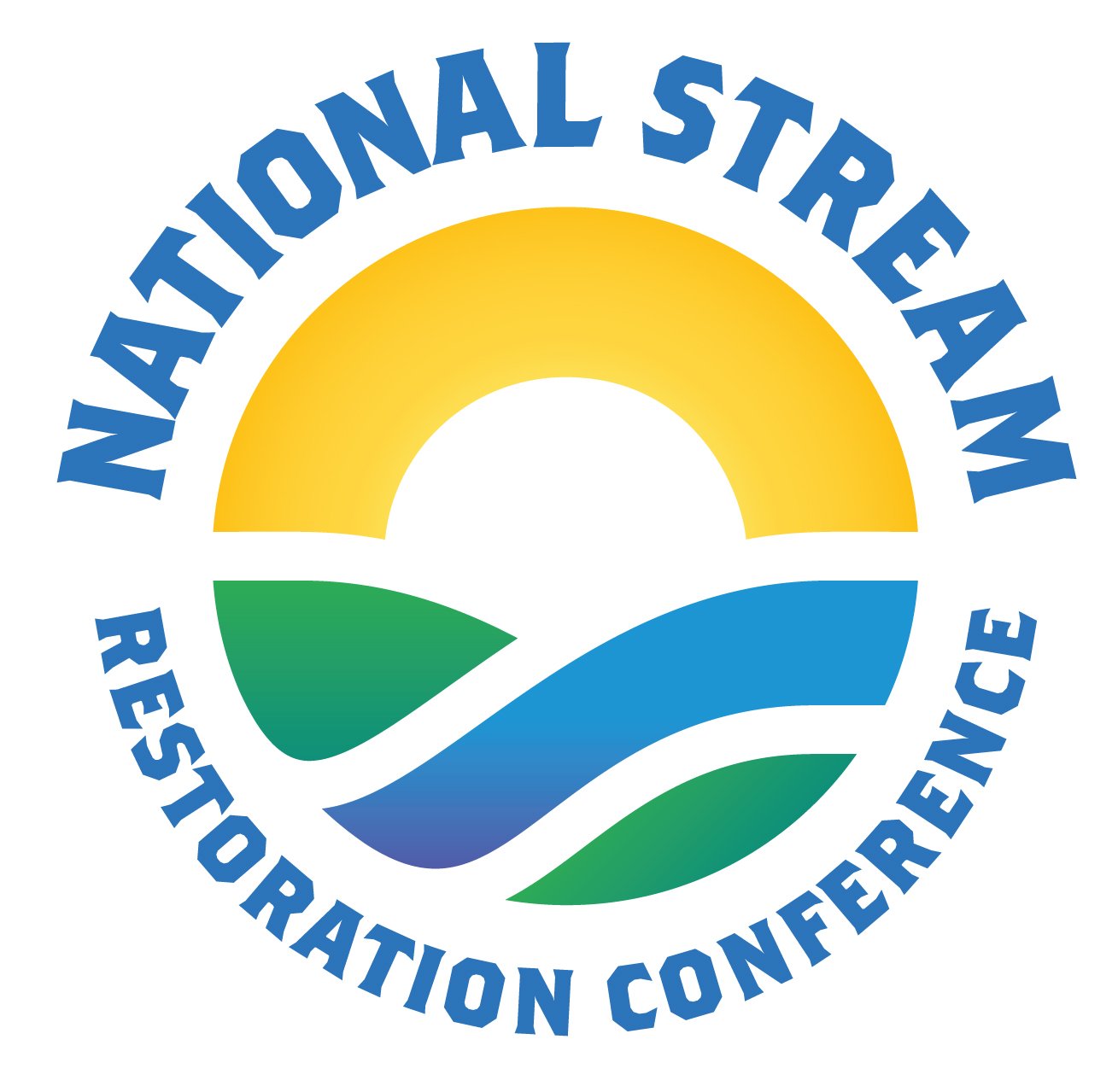Evaluation of Nutrient Sampling Methodology and its Impact on Smaller-Scale Stream Restoration Success
Cameron Atha, EIT
AECOM
Germantown, MD
Larry Wade, EIT
AECOM
Roanoke, VA
Authors: Cameron Atha, EIT and Larry Wade, EIT
Stream restoration projects are increasingly popular with MS4 permittees to meet TMDL reduction goals. A critical aspect of these projects is the measurement of site-specific nutrient concentrations in stream banks. Establishing these nutrient levels is essential for assessing the performance and success of restoration projects. Previous studies, such as those by Merritts (2010) and Walter (2007), have provided methodologies for large-scale nutrient sampling of stream environments. However, there is a need to evaluate how these sampling methods perform in smaller-scale stream projects with limited budgets and time constraints.
AECOM conducted research at a stream restoration project site in Maryland to investigate the impact of different sampling methodologies on soil nutrient concentration results. This effort aims to provide insights that could enhance the efficiency and accuracy of nutrient concentration measurements in stream restoration projects.
During the study, AECOM evaluated the effects of varied sampling parameters on lab-reported nutrient concentration results, including delivery methods, holding times, and sampling techniques and procedures. The goal was to determine how these variations might impact the achieved TMDL reduction credits. The study underscores the importance of selecting appropriate sampling methodologies for nutrient sampling at stream restoration projects. Standardizing key parameters can lead to more reliable results, aiding in the effective assessment of project success and compliance with MS4 requirements. These findings offer valuable insights for stream restoration practitioners, helping to optimize sampling strategies and improve nutrient sampling efficiency.
About Cameron Atha, EIT
Coming Soon
About Larry Wade, EIT
Coming Soon

